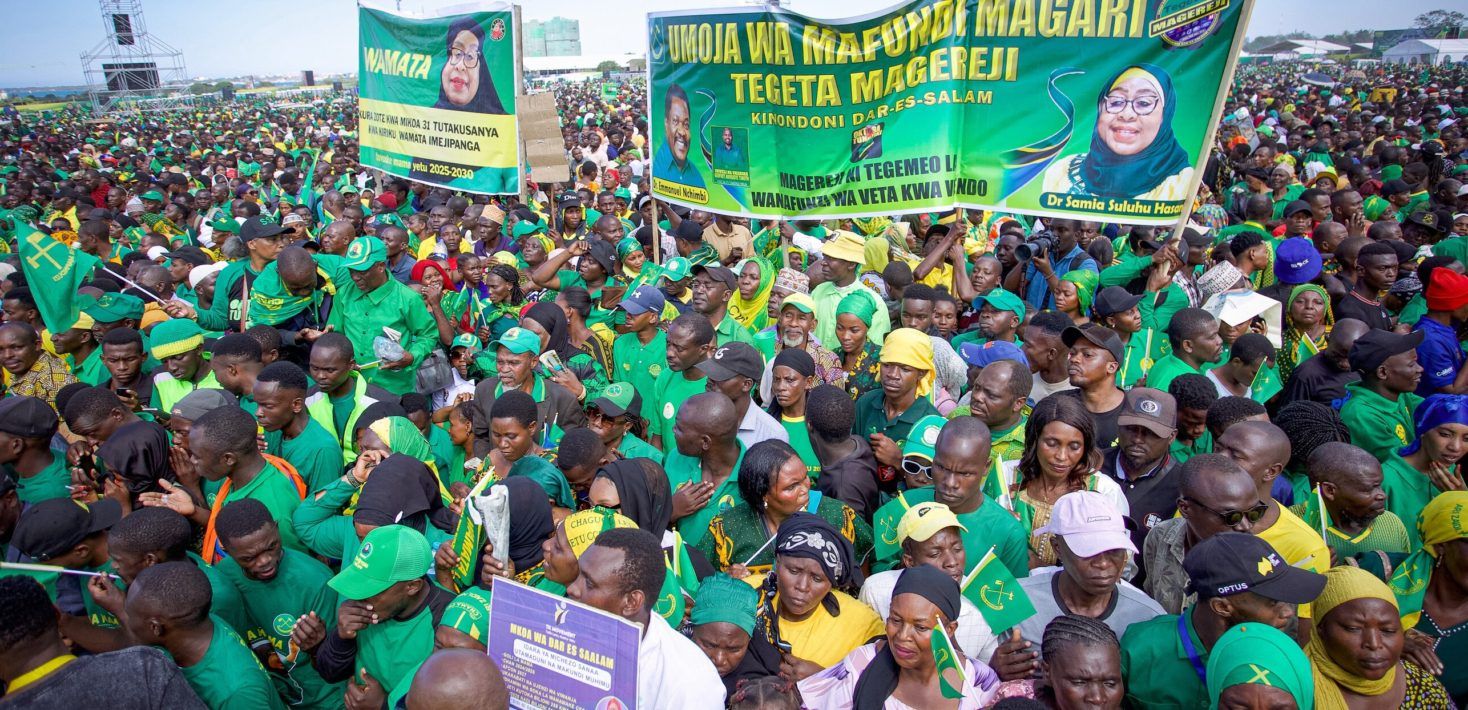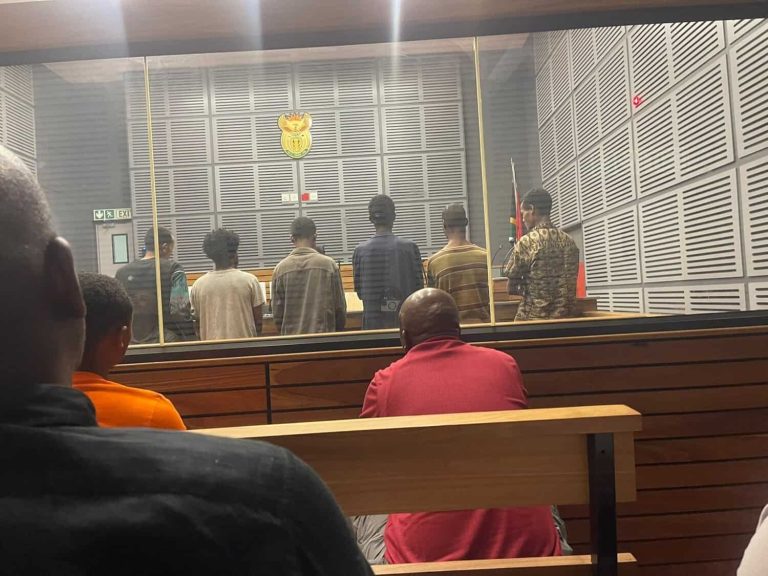
The Tanzanian government has sought to play down the scale of violent protests that have swept through several cities following this week’s general election, describing the unrest as “isolated incidents” while promising that order will be restored soon.
Demonstrations erupted on Wednesday amid widespread anger over the disqualification of President Samia Suluhu Hassan’s two strongest challengers, a move critics say is emblematic of the government’s growing repression.
The protests quickly escalated, with government buildings and offices set on fire in Dar es Salaam and other parts of the country.
Police imposed an overnight curfew in the commercial capital for a second consecutive night, and internet access has been severely disrupted since Wednesday. Although officials have not released casualty figures, a diplomatic source said there were credible reports of dozens of deaths.
In its first direct response to the unrest, the government—through a message from the Ministry of Foreign Affairs to diplomatic missions aired on state television Friday—said security forces had taken “temporary but necessary” measures to restore calm.
“Due to isolated incidents of breaches of law and order, the government has heightened security and taken various precautionary steps,” the statement read. “Normalcy will return shortly.”
On Friday, soldiers and police officers patrolled major streets, enforcing strict movement restrictions. Civil servants were instructed to work from home, and the public was advised to remain indoors unless movement was essential.
The unrest marks a significant test for President Hassan, who was widely praised early in her tenure for easing the severe clampdowns associated with her predecessor, John Magufuli.
However, critics say the recent wave of arrests and reports of abductions of opposition figures show a renewed slide toward authoritarianism.
Hassan has denied such allegations, saying last year that she ordered an investigation into the abduction claims—though the findings have not been released.
The electoral commission began releasing provisional results on Thursday, showing Hassan with commanding leads across multiple constituencies.
In Zanzibar, the semi-autonomous archipelago, incumbent Hussein Mwinyi of the ruling CCM party secured re-election with more than 78 percent of the vote.
Late Thursday, Chief of Defence Forces Jacob Mkunda appeared on state television, announcing that the military and security agencies had “controlled the situation.”
Tanzania’s main opposition party, CHADEMA, had called for nationwide protests ahead of the election but was barred from participating after refusing to sign a government-mandated code of conduct. Its leader, Tundu Lissu, faces treason charges, and the opposition ACT-Wazalendo’s presidential candidate was also disqualified—leaving Hassan facing only minor challengers on the ballot.
Reacting to the unfolding crisis, a group of senior European Parliament members issued a statement on Thursday condemning the polls as a “fraud,” saying they were conducted “in an atmosphere of repression, intimidation, and fear.”



